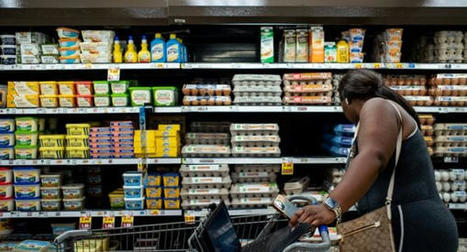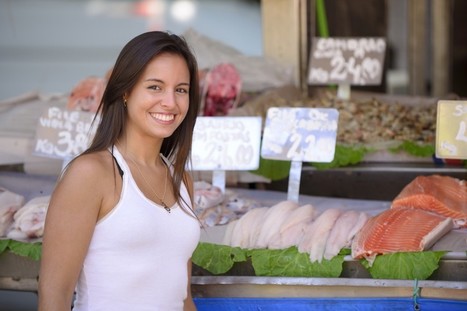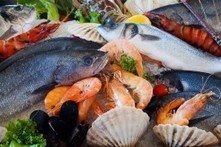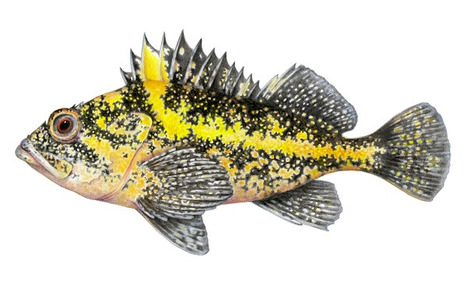The Marine Stewardship Council (MSC) assessment of the northeastern tropical Pacific yellowfin and skipjack tuna fishery could prove to be a unique experience, sources told Undercurrent News.
The fishery was entered for assessment by the Pacific Alliance for Sustainable Tuna (PAST), which represents the Mexican tuna catchers Pesquera Camatun, Grupomar, Herdez, Pesca Azteca (part of Pinsa) and Procesa.
These fishers, according to environmental group representatives and a scientist with the Inter-American Tropical Tuna Commission (IATTC), catch by setting purse seine nets on dolphin schools.
This is likely to cause some controversy when it comes to the certification process, particularly when it comes to stakeholder comments.
Luis Lazaro Valles, representing PAST, denied the intentional targeting of dolphins, speaking to Undercurrent. Rather, he said, mature yellowfin and skipjack tuna are targeted, with measures required to ensure the safe release, to the maximum extent possible, of any accidental catching of species like dolphins or turtles.
The fishery in question is divided in two, said Martin Hall, head of the bycatch program and International Dolphin Conservation Program with IATTC. In the northern area, where the catching is mainly yellowfin, nets are largely set on dolphins, with a near-negligible skipjack landing rate.
In the south, where the fishing is majority skipjack, fishing is done with FADs.
While Hall confirmed that the fishing carried out on dolphins is considered sustainable under the International Dolphin Conservation Program, he admitted that the certification process could get noisy when it comes to the peer review sections.
“Sustainability is not necessarily preserving 100% of dolphins, it is about fishing in a way which allows the populations – of tuna and dolphins – to survive and recover,” he told Undercurrent News.



 Your new post is loading...
Your new post is loading...



















